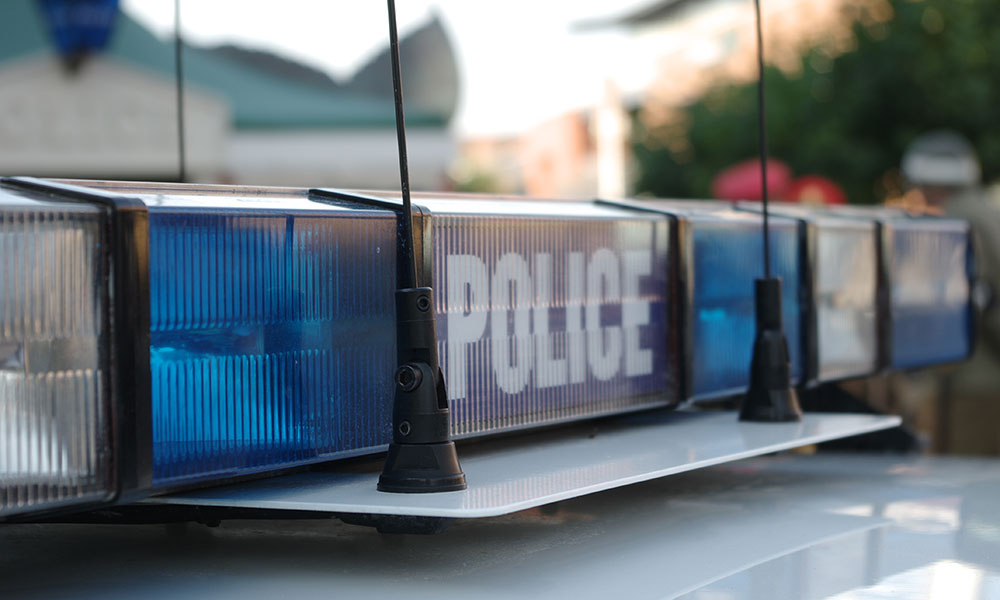
NAACP Hosts Bias Training for New Jersey Police
Police admit training sessions won't be a cure-all for biases, but dozens of law enforcement organizations have adopted training in fair and impartial policing to help educate officers about the implicit biases that may affect their performance. This week, the New Jersey chapter of the NAACP invited officers to its annual meeting to participate in the program.
“We need police, and the police need us.”
That’s what NAACP New Jersey State Conference President Richard Smith said at a news conference following a fair and impartial policing (FIP) training at the organization’s annual state conference Thursday. The event was closed to news organizations to encourage open and honest conversation on a sensitive topic.
The training focuses on the psychology of bias, which, according to Fair and Impartial Policing—the program that provides the training—accounts for behavior that can harm the communities that police serve. The training is designed to explain the science behind people’s biases:
Social psychologists have shown that implicit or unconscious bias can impact what people perceive and do, even in people who consciously hold non-prejudiced attitudes.
“It’s not just the police and certain community groups, it’s all of humanity,” Christopher Wagner, Denville police chief and president of the state Chiefs of Police Association, told NJ.com. “We all have [biases], and we’re not going to fix them today. I’m just more aware of the biases that I have, and by being aware of them—keenly aware of them—I can react differently to situations.”
Dozens of police departments around the country have opted for FIP training after controversial deaths of young black men in Baltimore, New York City, and Ferguson, Missouri, at the hands of police officers. The Anti-Defamation League also has created an anti-bias training course, which has been delivered to officials at the FBI, Drug Enforcement Administration, New York State Police, and several large police departments.
The Science of Bias
Dig into the science of bias and it’s easy to see how it’s been overlooked in law enforcement training.
According to Lorie Fridell, associate professor of criminology at the University of South Florida, who leads the FIP training program, explicit bias—when “a person associates various groups (e.g., racial minorities, homeless) with negative stereotypes”—has been a topic in law enforcement for decades. But today’s bias is more likely to be implicit, which can be tricky because “even individuals, who, at the conscious level, reject prejudice and stereotyping, can and do manifest implicit biases,” Fridell wrote in The Police Chief magazine.
Most police offers are not aware of their implicit biases, which means they don’t seek bias training. As one police professional told The Police Chief, “I used to say I wasn’t biased; I can no longer say that.”
FIP in Action
In the years since racial tensions erupted over 17-year-old Trayvon Martin’s 2012 shooting death by neighborhood watch coordinator George Zimmerman, the police department in Sanford, Florida, has engaged in comprehensive FIP training and extensive community outreach.
One year after introduction of the FIP training, serious, violent crimes decreased 10 percent in the city, according to Sanford Police Capt. Anthony Raimondo.
“I strongly believe that the introduction of FIP provided the vehicle to reestablish contact with our community members and gain their cooperation to solve crimes,” Raimondo said.
(Matty Ring/Flickr)





Comments